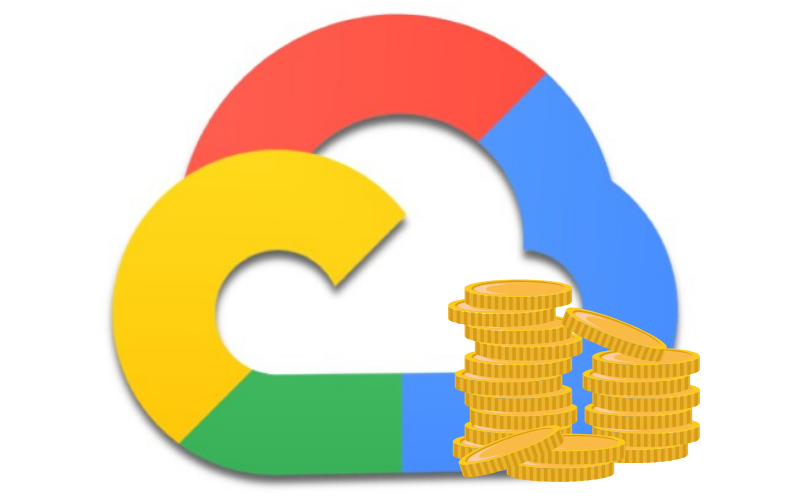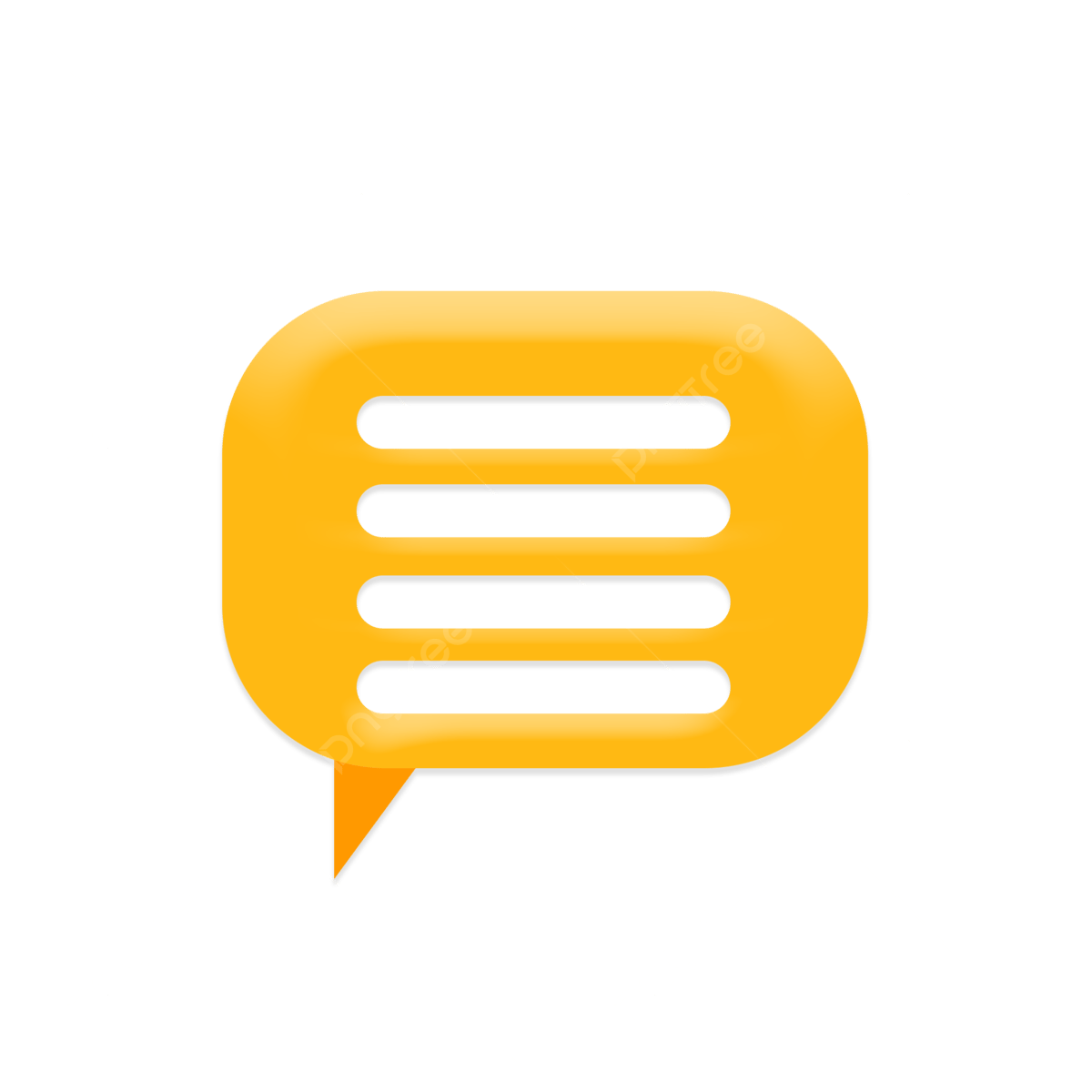Google Cloud is a unique platform that helps businesses become more innovative, agile, and faster. Google Cloud Platform is the most efficient platform that executes on the same Google infrastructure used for other end-user products and services.
There are a variety of cloud computing services and solutions that help users more securely and effectively store and utilize their data. Amyntas offers a wide range of high-quality cloud-based solutions and services that can help companies increase their digital transformation, make their businesses stand out in the competition, and leverage the power of large-scale data centers to reach users globally.

Google Cloud provides a wide variety of tools, services, and benefits that help in the growth and innovation of an organization. At Amyntas, we can help a business with the following Google Cloud benefits.
We offer the highest security solutions, including data encryption, security consulting, and intrusion detection systems, with our Google Cloud Platform services.
We offer scalable solutions, protect data, and help businesses with fluctuating demand efficiently add or remove resources according to their needs.
Our Google Cloud services are very cost-effective, and we allow different pricing options to meet everyone's budget.
Google Cloud is highly flexible as it can perform numerous workloads; a business can quickly develop an application, host a website, or store data.
We offer the latest security, convenience, and most innovative technologies in cloud solutions, so our clients can get the latest and greatest technology.
Amyntas ensures businesses of all sizes get the most reliable services and security solutions.
Google Cloud Platform allows for an extensive range; you can avail of the following features with its tools and services.
Google Cloud Platform provides robust security solutions such as intrusion detection, data encryption, and access control.
You can reach your users worldwide with your data, which will help improve your business performance and decrease latency.
It allows efficient collaboration between team members, as you can easily share folders and files with others in real time.
Cloud's Kubernetes Engines make it effortless for businesses to manage and publish containerized apps by offering scalable, high-availability, and secure application surroundings.
It allows various serverless services which help manage and schedule data. Businesses do not have to worry about server management; they have to only pay for their services.
Google Cloud Platform offers different pricing options for businesses to fit their budget.
Google Cloud Platform (GCP) offered by Google is a suite of cloud computing services offering App Engine, Big data analysis, Cloud rendering / Media solution and Web Hosting Services.
Amyntas Media Works gives you ree trial and Google Cloud Platform credit.
Please Click Below Button to avail your free trail.
Click Here
*Note: Promotional credits are available only to customers who meet eligibility criteria.


We provide an extensive range of GCP services, including cloud migration, which helps in migrating your workload, assessing the current environment, executing the migration, and planning for migration.

Amyntas offers the best cloud consultation services to help clients plan, manage, deploy, develop, and secure their applications.

Our managed services help manage applications, infrastructure, costs, security, and the Google Cloud Platform environment for seamless business performance.
Amyntas has expertise and experience in this field, making us a leading Google Cloud Platform service and solutions provider. We aim to allow a broad range of quality services at reasonable prices for the betterment of our clients. From big data, computing, storage, machine learning, networking, and artificial intelligence to robust security features, we have all cloud resources to help you fulfill your business needs. Our dedicated team of developers ensures each client's needs and offers top-notch solutions to achieve their goals.
Google Cloud is a suite of cloud services offered by Google that provides businesses with on-demand infrastructure, storage, compute power, AI, machine learning, analytics, and application development tools — all hosted on Google’s secure and scalable infrastructure.
Google Cloud Platform (GCP) is the core set of tools and services offered by Google Cloud. GCP includes services for:
Google Cloud Storage (GCS) is a highly durable, secure, and scalable object storage solution. It is used to store and retrieve unstructured data such as images, videos, backups, and large datasets.
Google Drive for Business is part of Google Workspace, offering cloud storage, secure file sharing, and collaboration tools designed for teams and enterprises.
As a Premier Google Cloud Partner, Amyntas offers: